There’s a single napkin in my bag - a reminder of the best lunch of my life: fried chicken and chips devoured with my husband one blazing afternoon on Sydney Harbour. You might assume I kept it for sentimental reasons, a dreamy homage to our relationship - but no. It’s a memento of deep-fried ecstasy, a shrine to hot salt. The kind of greasy indulgence that leaves you delirious, bloated, and spiritually cleansed.
I’m not high, I’m just obsessed with food. You’d never guess it to look at me. Friends call me slim; foes call me skinny - but it hasn’t always been that way. As a child, I was all movement and mischief, running here, there, and everywhere. In old Polaroids, I’m often just a blur taking off - like a mini Zola Budd.
But in the year before I started secondary school, the weight began to creep up. And from that point on, my relationship with food became… complicated. I’m not alone in discussing the theme of diets and self-image on this platform. Others have also shared their stories on the subject. Take
, for example, who recently wrote about her quest for a tiny waist.I resisted for a while because it’s just so… personal. Every individual who has battled with their weight has a different story to tell. I don’t wish to make light of anyone else’s size or pass judgment - this is simply my recollection. My experience. You see, we’re much more accepting these days, but my teenage years were different. The 80s was an era when, “if you could pinch more than an inch, you may have to watch your weight.”
But for a while, I didn’t notice. People tossed around the term ‘puppy fat’ as if it were a rite of passage for girls - like training bras or mood swings. I was happy. I had no idea I was overweight. Not a clue. I would go to bed merrily planning my breakfast, and before finishing my last spoonful of Frosties, I’d be deciding on what to have for lunch. Dinner? Anything my mother lovingly prepared. She’s Irish, and as I’ve mentioned before, comes from a nation of feeders. But my overeating wasn’t her fault. I blame the change.
No, not the night sweats or aching legs. I mean the transition from childhood to adolescence. I didn’t want to become a young woman. I wasn’t interested in make-up, boys, clothes, or ‘firsts.’ I was rubbish at team sports, I didn’t want to take part, or be noticed in general.
While everything outside our front door felt new and uncomfortable (changing bodies, new expectations, strange social codes) home was where I felt most myself - uncomplicated, un-judged. It was warm, familiar. I just wanted to stay in the safe cocoon of my family. Friday night takeaways, and Moonlighting on the telly-box. Food wasn’t just fuel; it was love, it was routine, it was how we celebrated, how we soothed. I wasn’t greedy - I was holding on.
But then came secondary school, and with it, a whole new world of uniforms, changing rooms, and classmates who spoke fluent body image. Suddenly, I was surrounded by people who knew exactly how they were meant to look, and exactly how everyone else didn’t. Something I spoke of, at length, in the post below.
It was, in effect, like being handed a mirror I didn’t ask for.
And that’s when the penny dropped. Like the story of Adam and Eve…. They had a whole orchard at home, but of course, they had to have that apple. The one they were told not to touch. And boom, just like that, they knew they were naked. And I knew I was fat.
So I decided to lose weight. If you were around during this time, you’ll know that the diet culture of 1980s Britain was everywhere, and it wasn’t subtle. It was loud, proud, and wearing a neon leotard. Dieting was a lifestyle, a shared obsession, an almost moral duty - particularly for women. There was a strong cultural message that thinness equalled control, desirability, and success.
You had your ‘naughty treats’ and your ‘guilt-free’ options. Grapefruit was my go-to breakfast of choice. Cereal bars were diet staples, and for a period of time, I traded in delicious bread for what could only be described as a slice of dried bark - much to the delight of Ryvita shareholders. Butter was the enemy, and margarine reigned supreme. Low-Calorie Ready Meals were also a thing, with Lean Cuisine marketed as sophisticated and health conscious. The antithesis of hearty home-cooked dinners, they were light, modern, low on calories, high on additives - but I admit to enjoying the range and felt virtuous when eating.
This was also the golden era of home workout videos. My personal favourite being Mad Lizzie on TV-am, who I star-jumped alongside every morning. Jane Fonda’s aerobics tapes were also wildly popular. These weren’t just about fitness - they were about shape. Trim those thighs, tighten that bum, and above all: burn fat.
I went from having the sweetest tooth and a serious weakness for salty snacks, to surviving on meagre rations of just about everything - except dinner. My mum, bless her, allowed the occasional diet meal but drew the line at skipping a ‘proper dinner.’ That was non-negotiable.
I started to lose weight, and it felt good - and that, I suppose, is where control crept in. The dieting, the restriction - it wasn’t just about shrinking my body. It was about finding something I could master when everything else felt so out of my hands.
(NB: I actually struggled to find photos of myself at my worst during this period. Camera phones didn’t exist, and just as I destroyed the most unflattering pictures of me at my heaviest, I have a vague memory of doing the same with those that showed me at my thinnest.)
Around the same time, anorexia nervosa was beginning to receive wider recognition. What had previously been misunderstood - often seen as a rare psychological oddity - was now being talked about more openly. We’d heard of child star Lena Zavaroni suffering from it, and the death of singer and drummer Karen Carpenter brought the condition to international attention.
However, as far as I was concerned, eating disorders were something that happened to other people. I wasn’t hoarding food or making myself sick - I just had an iron will and had grown used to eating less. My obsession with food didn’t go away; it simply shifted. Instead of being fixated on eating, I became fixated on not eating.
By now, I had started Sixth Form College, and girls who had at best ignored me, or at worst made fun of me, were commenting on my weight loss - I was now seen. Accepted. But they could go to hell, I was doing this because I felt good wearing size 8, as opposed to size 16. There’s that control again. But at what cost?
My hairdresser during this time took my mum aside and commented on the straw-like texture of my hair. My skin had also become dry, my voice a little hoarse. And then my periods stopped. All of which signalled a decrease in oestrogen production due to a rapid reduction in body fat.
My parents, my brother, other members of my family, concerned friends and medical professionals, all said the same thing - that I had lost too much weight. That I needed to stop.
A hard-working, studious daughter, I didn’t like being a cause for concern. And while not every individual with anorexia fits a specific psychological profile, patterns have since emerged - common traits often found in young girls who struggle with the illness.
Looking back, I ticked a fair few of those boxes. I was the classic high-performing student, quietly anxious, withdrawing from social situations while convincing myself I was simply ‘focused.’ I was also particularly sensitive to perceived judgment or rejection, forever second-guessing how others saw me. I displayed obsessive-compulsive tendencies - repetitive checking, creating little rituals that gave a fleeting sense of control.
However, I did acknowledge the need to stop. Trouble was, I struggled to go back to eating normally. How much is too much? Once you’ve crossed certain lines, the whole idea of moderation becomes a challenge, and you lose faith in your own sense of proportion.
Around that time, two things happened that, for lack of a better phrase, snapped me out of the spell that the disorder had over me. I was now at the age of going to pubs, gigs, and clubs. With that came a social life: drinking, eating out, and gradually becoming more relaxed about what I consumed.
The second thing was more confronting. I saw myself through fresh eyes while giving new students a tour of our Sixth Form Centre, proudly showing off the Drama department (and its particularly hot male teacher). A video was playing - footage of us students, pretending to be trees, or something equally theatrical.
I’d scrutinised myself in the mirror plenty of times before, but the girl in that video? I didn’t recognise her. She was thin - too thin.
If it sounds like an epiphany, that’s because it was. And I don’t say that lightly. There are people out there, men and women alike, who have never quite managed to escape the grip of an eating disorder. They go through phases, interventions, vicious circles, and it blights their lives forever. The most recent, high-profile case being reality TV star, Nikki Grahame, who sadly died of complications relating to the disease in 2021.
I’m thankful that, in my case, food soon lost its power as a weapon - which meant my body slowly returned to a healthy weight. I began to look and feel better.
But that’s not the end of the story. It can’t be - because the very psychological traits that once opened the door to anorexia still linger. Some lie dormant, others need managing. Over time, I’ve learned to cope with them, and to accept that loving my body doesn’t mean I have to be the most perfect version of it.
But now and then, something brings it all back. Stressful periods always result in a lack of appetite, alongside a need for control - like when I moved to Australia and became a step-mum to three children - then aged nine, eleven, and thirteen.
I was hyper-aware of how I behaved. I didn’t want to say or do the wrong thing. So I leaned into something that felt safe, familiar, and quietly powerful: food - using cooking, and baking cakes in particular, as a way to show love. Not in a grand, performative fashion, but gently, consistently, with care folded into every bite.
And when they enjoyed what I made, I basked in the glow of their approval, like a cat in a sunbeam. But, as I soon discovered, you’re only as good as your last bake. Yesterday’s triumph is today’s dry sponge. Food was, and still is, my love language, but I learned to show I cared in other ways too. And crucially, stopped acting like a contestant on The Great British Stepmum Bake-Off and started giving myself permission to step away from the oven now and then.
I’m no longer ruled by calories, but I still care deeply about good food. It doesn’t have to be fancy - a simple meal, perfectly timed, can feel like a triumph. Still, I’m fussy. A bland cake puts me in a mood, and I’ll grumble if dinner isn’t “my best work.”
But that’s where it ends. Food doesn’t boss me around anymore - it just tags along. Birthdays, workdays, quiet Tuesdays, loud Saturdays. I’ve learned that nourishment comes in many forms: in meals, in moments, and in words of encouragement. That napkin isn’t a token of restraint or regret; it’s a badge of honour, a reminder of the joy that food can bring.
I was blown away by the response to my last piece on Unpopular Opinions. Thanks to everyone who connected ❤️ Together we can rid the world of fireworks ✊
Ways to Support My Writing…
❤️ If you enjoyed reading, please click on the heart below.
🗣️ Leave me a comment - I always respond.
🔄 Restack and share, allowing others to find me.
Leave me a tip 🍺 ☕️
Become a 🆓 or paid subscriber 👇


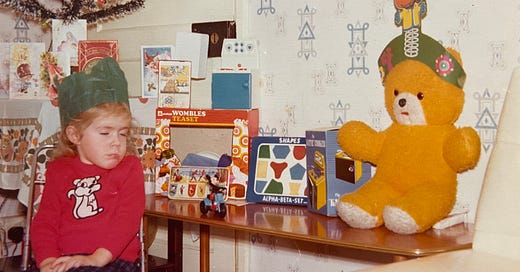



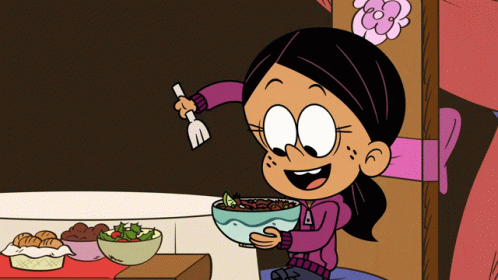
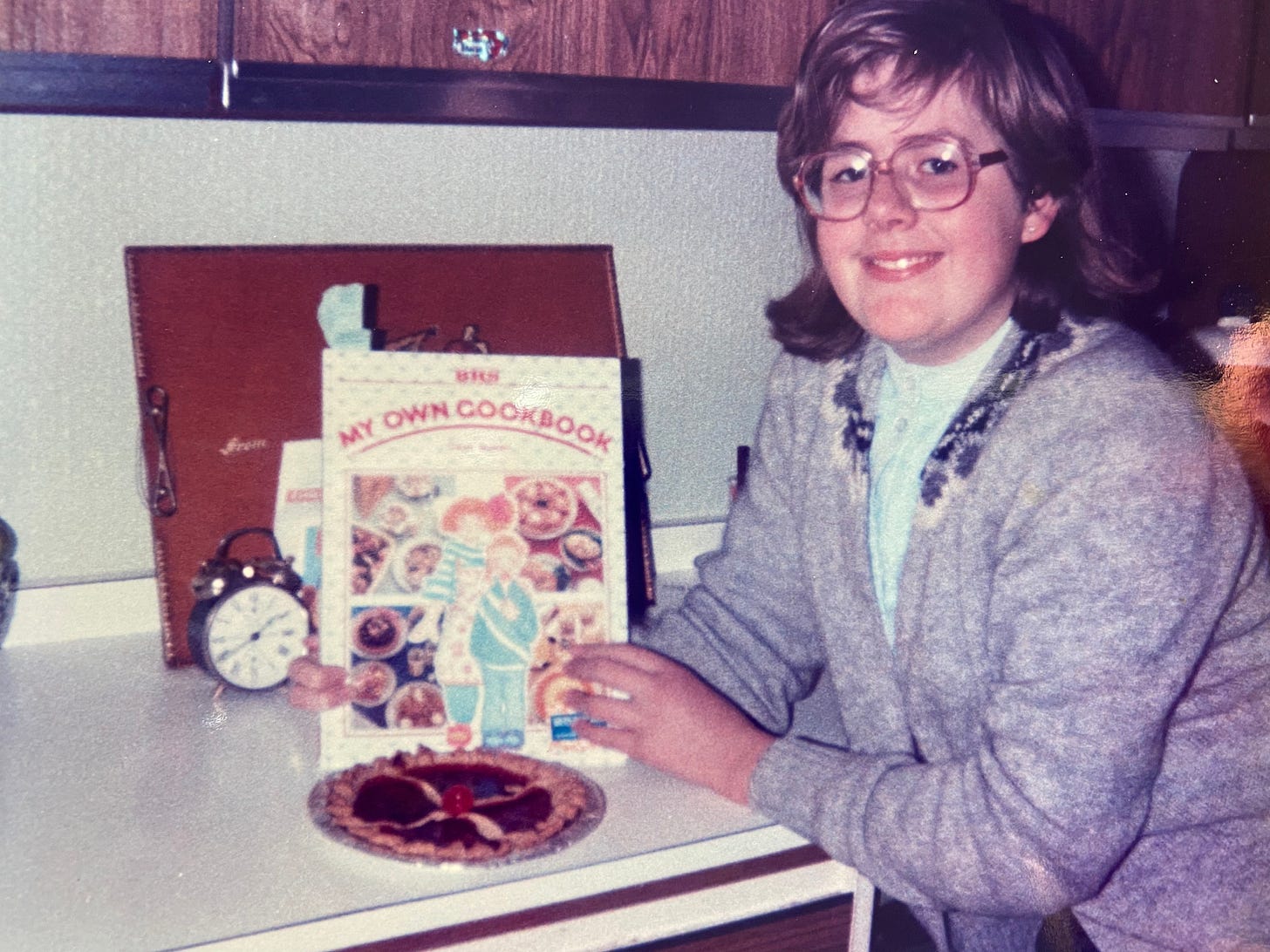

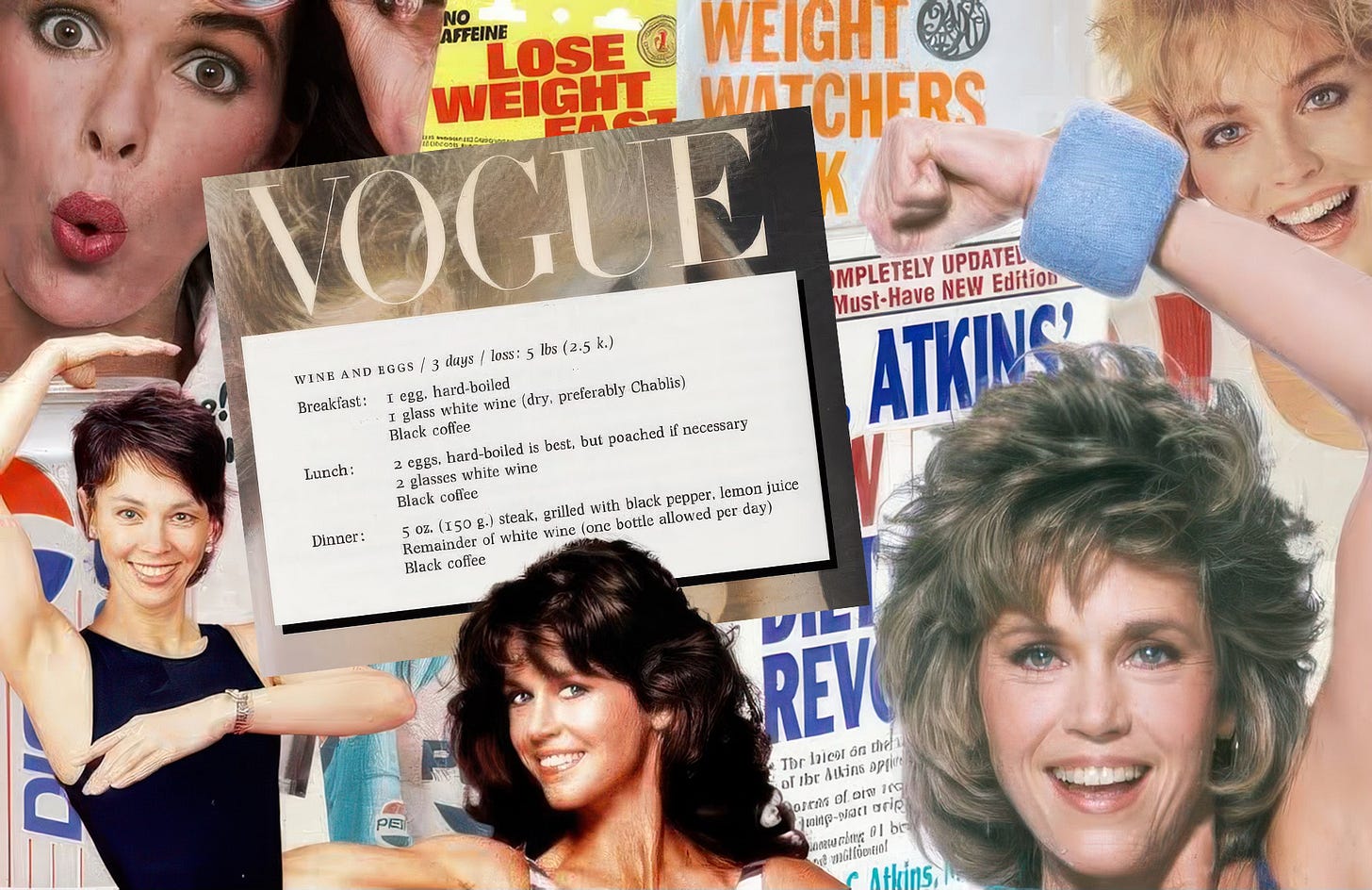

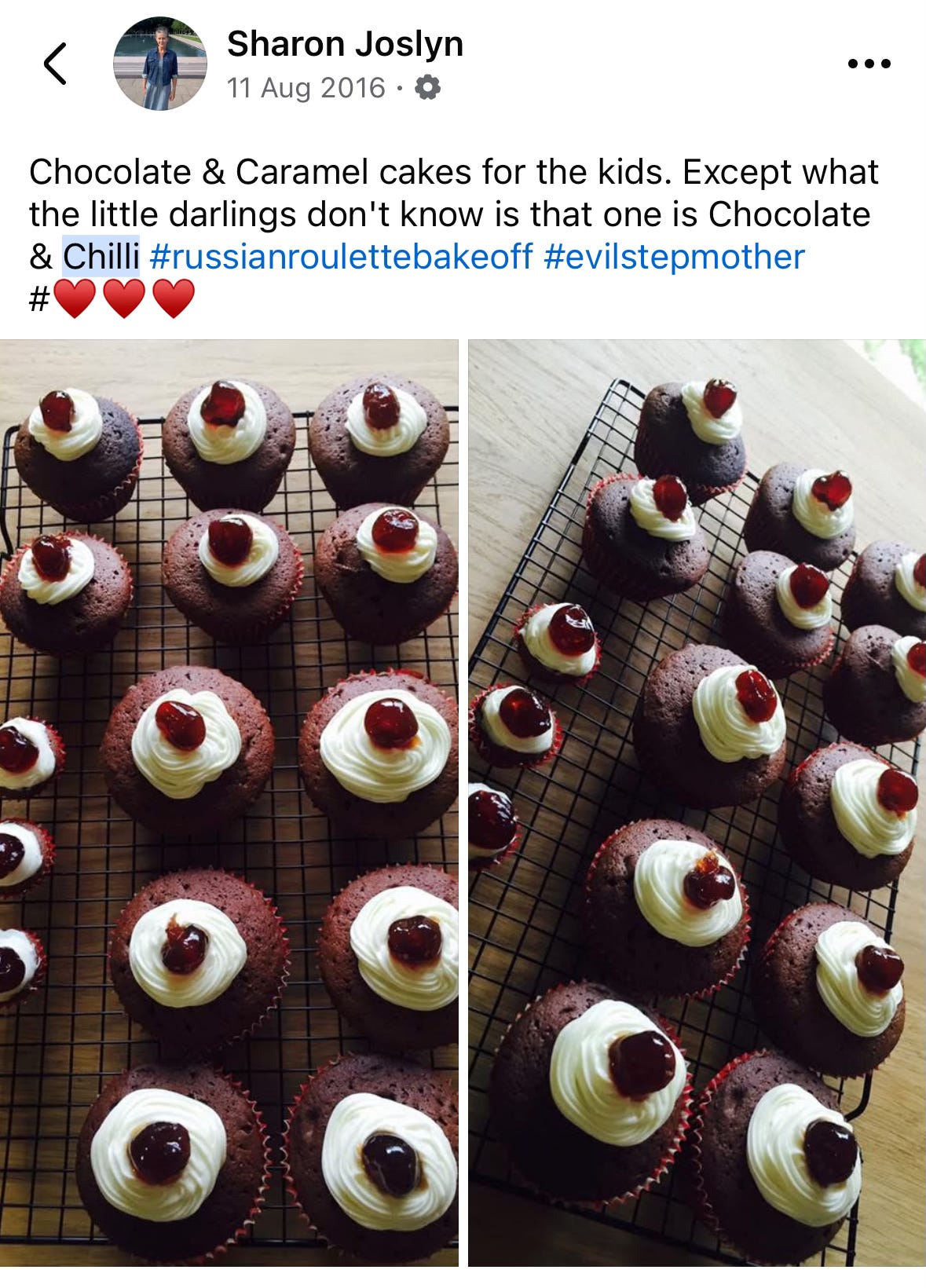

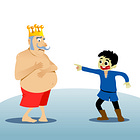
I’ve never managed to diet , the constant food noise is in my head , we now know so much more about genetics role in how we eat and that some people don’t produce that natural chemical that allows you to feel full up! I personally have only lost weight on the breakup diet ! Going from a 16 to a size 8 but that was years ago and like you I couldn’t see how skinny I was ! Thanks for sharing your personal story ☺️
Really good analysis of our relationship with food. I went through very similar issues and recognised an awful lot of the impulses and motivations described in your piece. Like you I got through it, but you never completely leave it behind. For many who go through eating disorders there is recovery, at least to some degree, and I always feel so deeply sorry for those who don't make it. Thanks for sharing your experience.